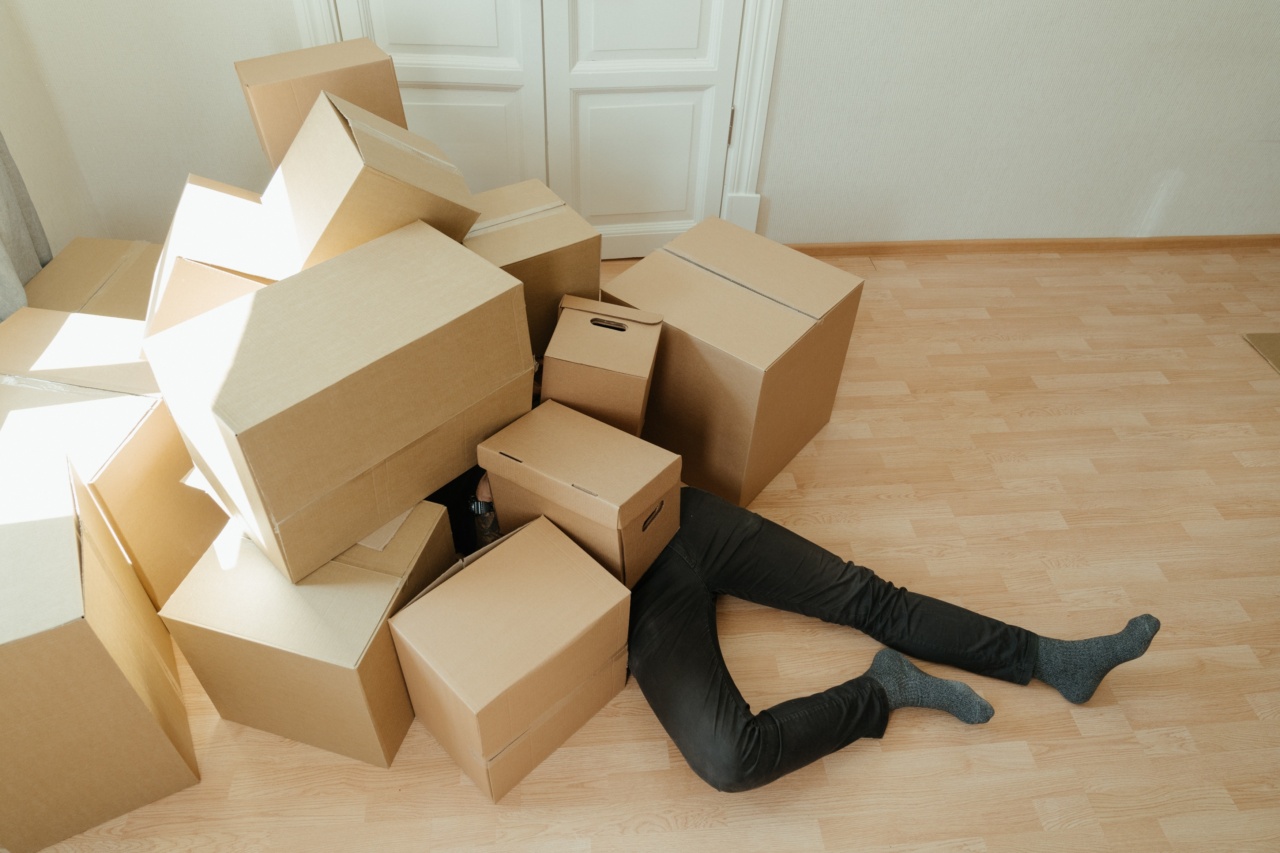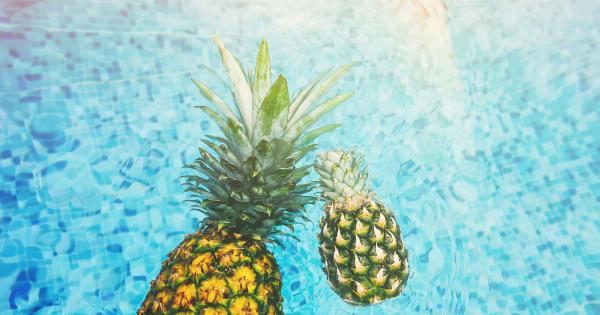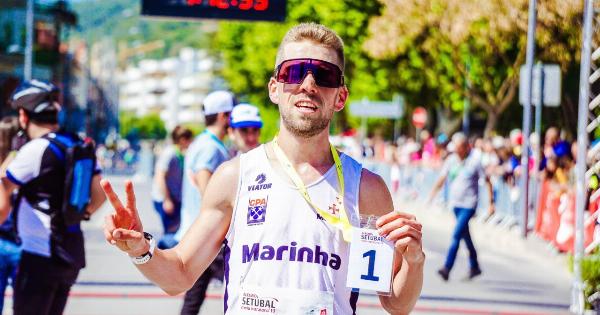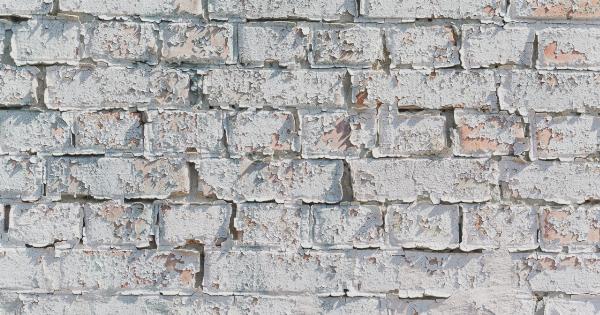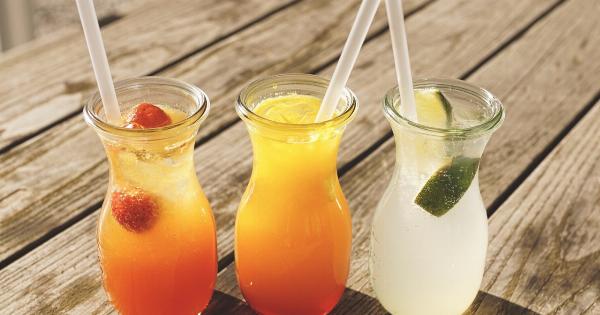When we’re under stress or pressure, it’s common for our bodies to react in various ways. One common reaction is feeling parched and in need of a refreshing drink.
However, there are certain thirst quenchers that seem to disappear when we’re under pressure. Let’s explore these beverages and understand why they may not hydrate us as effectively during stressful situations.
1. Water
Water is typically our go-to when it comes to quenching our thirst. It’s essential for our bodies to function properly, and staying hydrated is crucial for overall well-being.
However, when we’re under pressure, our bodies can react by reducing saliva production and increasing cortisol levels. This can make us feel less thirsty, leading to a decreased desire for water.
2. Fruit Juice
Fruit juice is often seen as a healthier alternative to sugary beverages. It can provide essential vitamins and minerals while offering a burst of flavor.
However, during high-stress situations, our bodies may not metabolize fruits effectively due to increased adrenaline levels. This can result in a decreased desire for fruit juice and less efficient hydration.
3. Iced Tea
Iced tea, particularly on a hot day, can be incredibly refreshing. It comes in various flavors and can provide a caffeine boost.
However, when under pressure, the caffeine in iced tea can further elevate cortisol levels, causing feelings of anxiety and reducing the desire for hydration. Additionally, some iced teas may contain added sugars, which can exacerbate the negative effects of stress hormones.
4. Sports Drinks
Sports drinks are often marketed as the ideal beverage for rehydrating after physical activity. They are designed to replenish electrolytes lost through sweating and provide a quick pick-me-up.
However, under pressure, our bodies may not effectively utilize the electrolytes present in these drinks. Additionally, some sports drinks can contain high amounts of sugar, leading to an energy crash and increased stress.
5. Carbonated Drinks
Carbonated drinks like soda or sparkling water can provide a crisp and refreshing sensation. However, the carbonation in these beverages can cause bloating and discomfort, especially when consumed under stress.
Furthermore, the high sugar content in many carbonated drinks can exacerbate feelings of anxiety and lead to further dehydration.
6. Coffee
Coffee is widely consumed to help boost energy and focus. It can provide a temporary sense of alertness and reduce fatigue.
However, during stressful periods, coffee consumption can increase cortisol levels and heighten feelings of restlessness or jitters. This, in turn, can lead to reduced hydration as the body redirects its focus away from thirst.
7. Alcohol
Alcoholic beverages, such as beer or cocktails, are often enjoyed as a way to unwind and relax. However, alcohol is a diuretic, meaning it dehydrates the body by increasing urine production.
When consumed under pressure, alcohol can exacerbate feelings of anxiety and significantly impact hydration levels.
8. Energy Drinks
Energy drinks are popular for their ability to provide a quick energy boost. They often contain high amounts of caffeine, sugars, and various stimulating ingredients.
However, when consumed under stress, the combination of these components can lead to increased heart rate, restlessness, and decreased hydration levels. The diuretic effects of caffeine further contribute to fluid loss.
Conclusion
While these thirst quenchers may be enjoyable and provide temporary relief in normal circumstances, they can have adverse effects on our hydration levels when we’re under pressure.
It’s important to be mindful of our body’s response to stress and opt for healthier and more hydrating alternatives wherever possible.
